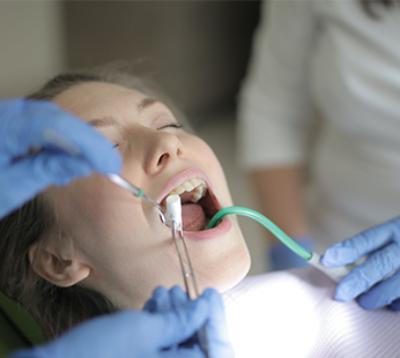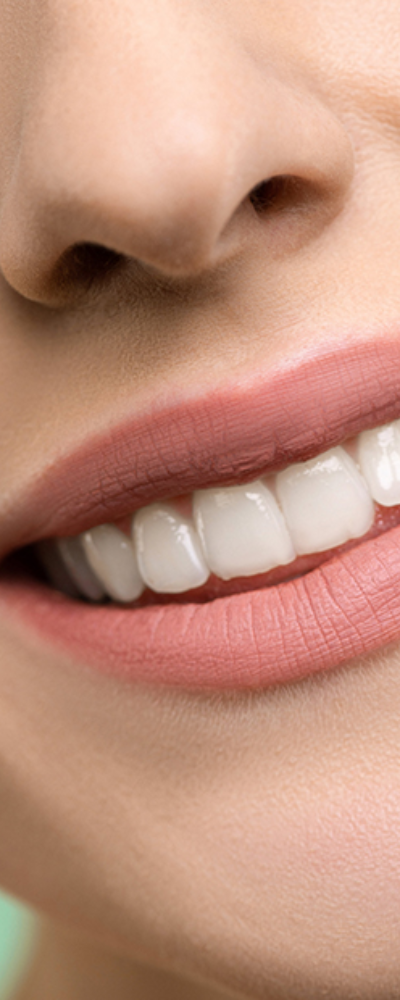Sensitive taste
Bad breath improvement
Periodontal bacteria inhibition
Anti-bacterial
Tongue coating care

Oyster extract Taurine 1%-3%
Oyster extract is rich in zinc, which plays a key role in oral health and is involved in taste transmission and nerve signaling. Adequate intake of zinc is thought to maintain normal taste function. In addition, taurine is an amino acid that has antioxidant and anti-inflammatory properties, which help maintain the health of the oral mucosa, thereby affecting taste perception.
Bad breath improvement

Rose essential oil Citronellol 20~34% Geraniol 15~22%
The main components of rose essential oil include compounds with antibacterial and anti-inflammatory properties, which may help inhibit the growth of harmful bacteria in the mouth and reduce the production of bad breath. At the same time, rose essential oil is also considered to have a soothing effect on the oral mucosa, which may help reduce oral discomfort and inflammation, thereby improving the problem of bad breath.

Refined fish oil powder DHA 10%-18%
The main active ingredient of refined fish oil powder is rich in Omega-3 fatty acids, especially EPA (eicosapentaenoic acid) and DHA (docosahexaenoic acid). These Omega-3 fatty acids have been shown to have anti-inflammatory properties and can have a positive impact on inflammation and gum problems in the mouth. By reducing inflammation in the gum tissue, refined fish oil powder reduces the growth of periodontal bacteria and the formation of plaque.

Blueberry stem extract Proanthocyanidins 10%-40%
Blueberry stem extract exerts oral care benefits through its rich polyphenolic compounds and flavonoids, which have antioxidant and anti-inflammatory properties. These properties are expected to reduce inflammation in the gum tissue and reduce the proliferation of periodontal bacteria, thereby reducing plaque formation.

Propolis extract Flavonoids 9%-18%
Propolis is rich in natural antioxidant and anti-inflammatory ingredients, which help neutralize free radicals and reduce oxidative stress in oral tissues. The anti-inflammatory ingredients may reduce the inflammation level of oral tissues, especially reducing the redness, swelling and bleeding of gums. Propolis is also considered to have antibacterial properties, inhibiting the growth of harmful bacteria in the mouth, thus reducing the proliferation of periodontal bacteria. This helps maintain the balance of oral microecology and reduces the formation of dental plaque.

Turmeric extract Curcumin 20%-95%
Curcumin in turmeric extract exhibits significant antioxidant, anti-inflammatory and antibacterial properties, helping to neutralize free radicals in the mouth, mitigate the effects of oxidative stress on oral tissues, and reduce oral inflammation levels. In addition, curcumin may directly inhibit the growth of harmful bacteria and reduce the presence of periodontal bacteria, thereby maintaining the oral microecological balance.

Olive leaf extract Oleanolic acid 10%-50%
The antioxidant properties of oleanolic acid in olive leaf extract can neutralize free radicals and reduce the damage of oxidative stress to oral tissues. At the same time, its antibacterial effect may directly inhibit the reproduction of harmful bacteria.

Olive leaf extract Oleuropein 10%-40%
Oleuropein in olive leaf extract has antioxidant properties, which helps neutralize free radicals and reduce the damage of oxidative stress to oral tissues. It can also affect the microbial ecology in the oral cavity by directly inhibiting the reproduction of harmful bacteria.

Propolis extract Flavonoids 9%-18%
Propolis extract is rich in natural antioxidant and antimicrobial components, including antioxidants that help neutralize free radicals. These ingredients may reduce oxidative stress damage to oral tissues, and propolis also has antibacterial properties that directly inhibit the growth of harmful bacteria.

Ginger extract Gingerol 2%-20%
The gingerol in ginger extract helps reduce the growth of germs through its strong antioxidant, anti-inflammatory and antibacterial properties. The antioxidant properties of gingerol help neutralize free radicals and reduce the damage of oxidative stress to oral tissues. At the same time, its anti-inflammatory effects may reduce inflammation of oral tissues and relieve gum redness and bleeding. In addition, gingerol may reduce the presence of periodontal disease bacteria by directly inhibiting the growth of harmful bacteria

Green tea extract Tea polyphenol 98%
The total catechins (EGCG) in green tea extract have significant antioxidant and antimicrobial properties in oral care, helping to reduce the proliferation of pathogens. Total catechins reduce oxidative stress damage to oral tissues by inhibiting free radicals, and may directly inhibit the reproduction of harmful bacteria and viruses, exerting antibacterial effects.

Green tea extract Tea polyphenols 98%
The polyphenols in green tea extract help reduce the proliferation of germs through their significant antioxidant and antimicrobial properties. The antioxidant properties of tea polyphenols help neutralize free radicals and reduce the damage of oxidative stress to oral tissues. At the same time, its antimicrobial effects may exert antibacterial effects by directly affecting the growth cycle or cell membrane structure of harmful bacteria and viruses.
Tongue coating care

Green tea extract Total catechins 80%
The excellent antioxidant properties of total catechins (EGCG), the main active ingredient in green tea extract, help neutralize free radicals and reduce the damage of oxidative stress to tongue tissue. The antibacterial and antiviral capabilities of total catechins may effectively remove harmful microorganisms on the surface of the tongue coating and maintain the oral microecological balance. In addition, total catechins exhibit anti-inflammatory properties, reducing the inflammatory response of tongue tissues and helping to relieve the discomfort of tongue coating.

Green tea extract Tea polyphenols 98%
Tea polyphenols have significant antioxidant properties and can neutralize free radicals and slow down the adverse effects of oxidative stress on tongue tissue. Secondly, tea polyphenols have antibacterial and antiviral effects, which can effectively remove harmful microorganisms on the surface of tongue coating and maintain the balance of oral microecology. Tea polyphenols also exhibit anti-inflammatory properties, reducing the inflammatory response of tongue tissue and relieving the discomfort of tongue coating.








